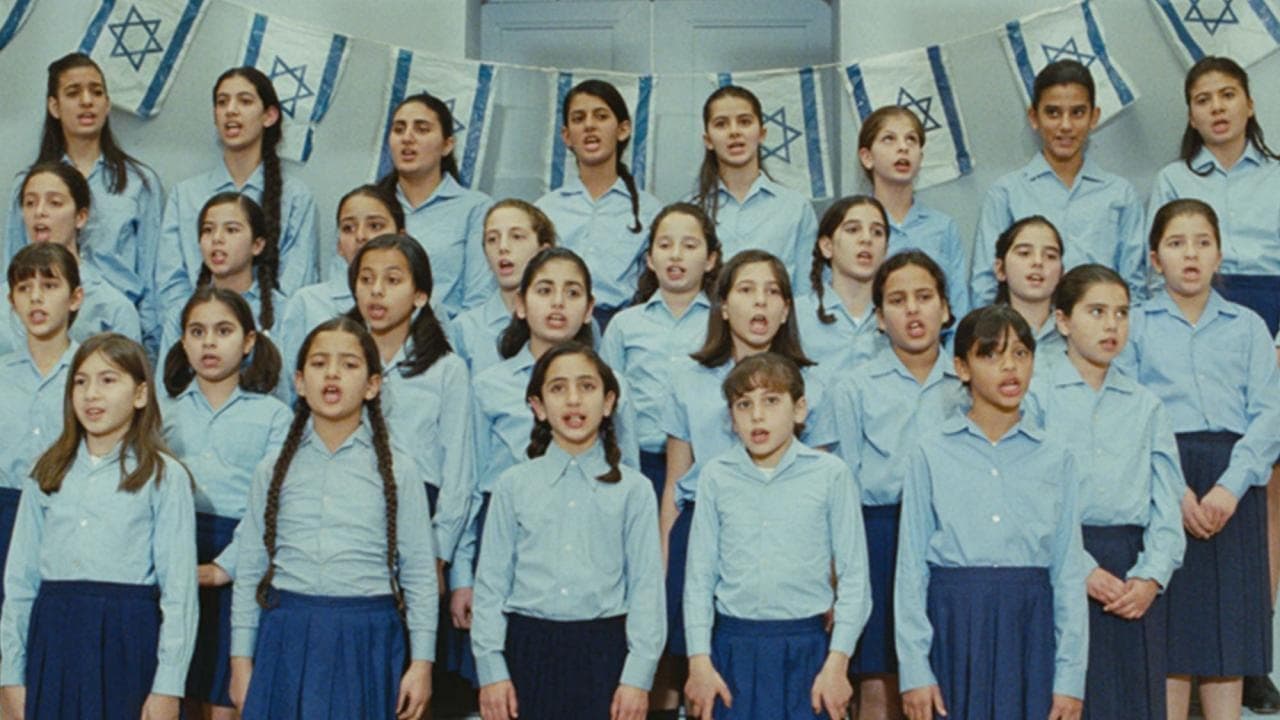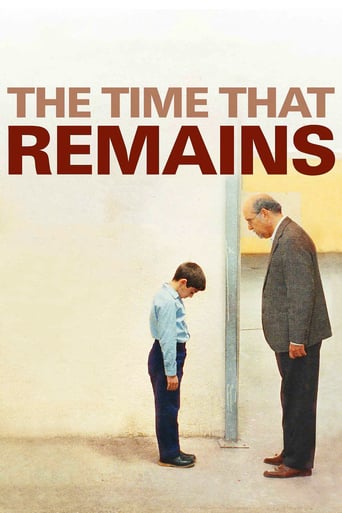



It isn't all that great, actually. Really cheesy and very predicable of how certain scenes are gonna turn play out. However, I guess that's the charm of it all, because I would consider this one of my guilty pleasures.
View MoreThe plot isn't so bad, but the pace of storytelling is too slow which makes people bored. Certain moments are so obvious and unnecessary for the main plot. I would've fast-forwarded those moments if it was an online streaming. The ending looks like implying a sequel, not sure if this movie will get one
View MoreThe storyline feels a little thin and moth-eaten in parts but this sequel is plenty of fun.
View MoreA great movie, one of the best of this year. There was a bit of confusion at one point in the plot, but nothing serious.
View MoreThe very idea of this movie is disgusting, heart-wrenching. There was never a black comedy movie made about the wiping out of the Jews by the Nazis, and yet you people have the heart to have a snort at anything happening in this movie? What is happening in this movie is real, raw events. The very fact that this movie was made and the very fact that you audiences are appreciating it is gross. Compare, what if this movie was exactly the same but about the Nazi occupation then you all would be raging about how heartless this was. When it's the jews, people sympathize with them as if they had survived the absolute end of the world. What about the arabs oppressed by the jews? Don't Palestinians die daily?
View More"The Time that Remains" is by far one of the most well-made and powerful Arab movies (and specifically Palestinian) to date. Elia Suleiman tackles one of the most prominent issues in the Arab world with beautiful imagery, nostalgia, music, and the silent word.I usually do not admire having a director act in his/her own film, but Elia Suleiman is his films, they are part of him and his appearance in them as the silent observer simply attacks the emotions and makes the viewer a part of his own life. "The Time that Remains" basically chronicles the life of his mother and father and their 'silent' resistance through the turmoil of the Israeli invasion of Palestine from 1948 till today.What is so powerful about this film is that how the viewer (and especially an Arab viewer) can go through a history of conflict so smoothly with much joy and come out with a striking view of this history. Suleiman shows will all simplicity how the cause still loves, without blood, with few words, but with a lot of emotions and things to say. The choice of music (classical Arabic songs) make the viewer understand what the beauty of being an Arab is, and how this beauty is slowly fading... fading into a lack of identity.I watched Suleiman's previous film "Divine Intervention" after watching this one and realized that we do have an Arab auteur director in our midst; his playful style and cartoonish characters all the more strengthen his cause and keep on his silent resistance.A pure must-see!
View MoreA quick history of Absurdistan, the country now known as Israel or Palestine (depending on which part of the wall you end up on). A personalised account starting from the Jewish take over of Palestine in 1948 and leading up to current day Israel. The movie however is less about the big picture, Palestinian-Israeli relations, but more about the very personal story of Elia Suleiman, his father - a resistance fighter - and mother.The backdrop of history is used with great consequence, as Suleiman drives his tale through varying levels of absurdity and yet manages to deliver an emotionally gripping tale. Scenes of profound sadness, like the death of Elia's father, are preceded by short, but realistic, sketches of the ludicrous and nonsensical, like a tank following a man taking out the trash. However Suleiman delivers it with such class, that he never once dances with being a pastiche and remains a poignant, artistic picture throughout. Instead of making a dramatised account full of grief and sadness, Suleiman does the unthinkable with a devastating effect: laughs it all out.Elia Suleiman is increasingly proving himself to be not only the most important Palestinian director, but also the best Israeli one as well. Talk about being absurd...
View MoreThis is an evocative film by Elia Suleiman that was shown at IFC recently. The story takes us back to the city of Nazareth where the director was born. It is a chronicle of the events in that part of the world and the changes that have occurred there. It is basically an account of the life of Mr. Suleiman's parents as they lived the events that go back a number of years in the middle of the Israeli-Palestinian conflict that befell that area.Life as an Arab in Israel is examined by Mr. Suleiman at key points as they happened. Fuad, the father in the film, must deal with what comes his way. Life in the city goes through changes as history comes to change things for the family. There is a running joke about food sent from an aunt that no one wants. The main events happened in 1948, as the state of Israel was being born. Later periods take a look at other aspects of the life of what one feels is the family of Mr. Suleiman.The atmosphere of Nazareth, wit its amazing light is captured by the cinematographer Marc-Andre Batigne. Saleh Bacri, who plays Fuad, shows why he is one of the prominent actors working today. He made quite an impression in "The Band's Visit". The director, Mr. Suleiman shows up toward the end in an enigmatic segment where he seems to be absorbing the history he and his family witnessed in Nazareth.
View More